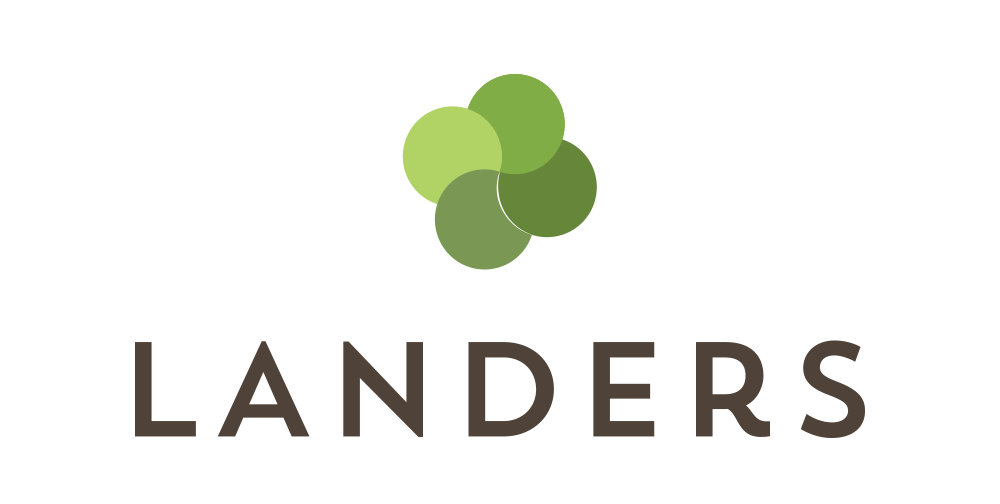Frequently Asked Questions
1. What is Gardasil 9?
Gardasil 9 is a vaccine that protects against 9 types of human papillomavirus (HPV): Types 6, 11, 16, 18, 31,
33, 45, 52, and 58. These types are linked to the majority of HPV-related cancers and genital warts.
2. Why is HPV a concern?
HPV is a common virus—about 8 in 10 people will be infected at some point. While many infections clear on
their own, some can cause:
- Cervical, vulvar, vaginal, and anal cancers
- Genital warts
3. How effective is the vaccine?
Gardasil 9 has been shown to be 97.7% effective in preventing diseases caused by the targeted HPV types,
including precancerous lesions and genital warts.
4. Who should get the vaccine?
- Boys and girls aged 9–14 (most effective if given before sexual activity begins)
- Teens and young adults up to age 26
- Adults aged 27–45 may also benefit (consult a healthcare provider)
5. Is it safe?
Yes. Gardasil 9 is well-studied and widely used. Side effects are usually minor, such as:
- Pain or swelling at the injection site
- Headache or mild fever
5. Is it safe?
Yes. Gardasil 9 is well-studied and widely used. Side effects are usually minor, such as:
- Pain or swelling at the injection site
- Headache or mild fever
6. How is it given?
Yes. Gardasil 9 is well-studied and widely used. Side effects are usually minor, such as:
- 2 doses for ages 9–14
- 3 doses for ages 15 and older or those with weakened immune systems
7. Why vaccinate early?
The vaccine works best before HPV exposure, which is why early vaccination—ideally before sexual activity
begins—offers the greatest protection.
1. Who is at risk of flu?
Anyone can get the flu—even healthy people. Those at higher risk of serious complications include the elderly,
and people with conditions like diabetes, asthma, or heart/lung/kidney disease.
2. Who can get a flu shot?
Most people can. Vaccines vary by age group:
- Approved for ages 6 months+
- Special types for adults 18+ and seniors 65+
- Safe for pregnant people and those with chronic conditions or egg allergies
3. Trivalent vs. Quadrivalent vaccines:
- Trivalent: Protects against 3 strains (2 A + 1 B)
- Quadrivalent: Covers 4 strains (2 A + 2 B) for broader protection
4. Who shouldn’t get the flu shot?
- Babies under 6 months
- Anyone with a severe allergy to vaccine ingredients (not including eggs)
- Those who had a severe reaction to a previous flu shot
5. Who should talk to a doctor first?
- People with egg allergies
- Anyone who’s had Guillain-Barré Syndrome (GBS)
- Those feeling unwell or with past vaccine reactions
6. Why get vaccinated yearly?
Flu strains change each year. The vaccine is updated annually to match the most common strains.
7. Is it safe?
Yes. It does not cause flu. Common side effect: mild soreness at the injection site.
8. What to do after vaccination?
- Use a cold compress for swelling
- Take a pain reliever if needed
- Seek medical help for severe or persistent symptoms
9. Common side effects:
- Local: redness, swelling
- General: fatigue, fever, aches
- Usually mild and go away in 1–2 days
1. What is Shingrix?
Shingrix is a non-live recombinant vaccine designed to prevent shingles (herpes zoster) and its
complications, like post-herpetic neuralgia (PHN).
2. Who should get Shingrix?
- Adults 50 years and older
- Adults 18+ at increased risk (e.g., immunocompromised)
3. How is it given?
- Two doses of 0.5 ml, given 2–6 months apart
- In immunocompromised individuals, second dose can be given 1–2 months
- Administered intramuscularly, preferably in the deltoid
4. Is Shingrix safe?
Generally safe. However:
- Do not use in case of known hypersensitivity
- Common side effects: local pain, fever, shivering (increased with co-administered vaccines)
- Rare: small increased risk of Guillain-Barré syndrome in people ≥65
5. Can it be given with other vaccines?
Yes. Safe to give with:
- Influenza (unadjuvanted)
- Pneumococcal (PPV23, PCV)
- dTpa (reduced antigen)
6. Can it be used in pregnancy or lactation?
- Not recommended due to lack of data
- No known fertility effects in animal studies
7. How effective is it?
Very effective. In clinical trials:
- Reduced shingles cases by >90%in adults ≥50
- Lowered PHN cases and duration/severity of pain
- Strong efficacy in immunocompromised individuals
8. How does it work?
It boosts cellular and humoral immune responses by targeting VZV glycoprotein E and using AS01B
to enhance immune activation.
9. Can Shingrix prevent chickenpox (varicella)?
No It is not indicated for primary varicella infection prevention.
1. Why is Pneumococcal vaccination important now?
Pneumococcal disease can cause serious illness like pneumonia. With rising risk factors, Pneumovax®23
vaccination is more critical than ever to protect vulnerable adults.
2. Who is at risk for Pneumonia?
- Smokers
- Malnourished individuals
- Those with asthma, diabetes, heart or kidney disease, cancer, or HIV
- Those who us antibiotics unnecessarily
3. Who should receive the Pneumovax®23 vaccine?
- Adults withchronic lung conditions, diabetes, TB, HIV
- Alcohol users, chemotherapy/radiotherapy patients
- Cochlear implant recipients, nursing home residents
- People from communities with cultural illness risks
5. What are the age-based and condition-based recommendations?
- Adults ≥50 years
- Common side effects: local pain, fever, shivering (increased with co-administered vaccines)
- Ages 2–49 with chronic conditions or immunocompromised states (e.g., diabetes, asthma)
5. Can it be given with other vaccines?
Yes. Safe to give with:
- Influenza (unadjuvanted)
- Pneumococcal (PPV23, PCV)
- dTpa (reduced antigen)
6. Can it be used in pregnancy or lactation?
- Not recommended due to lack of data
- No known fertility effects in animal studies
7. How effective is it?
Very effective. In clinical trials:
- Reduced shingles cases by >90%in adults ≥50
- Lowered PHN cases and duration/severity of pain
- Strong efficacy in immunocompromised individuals
8. How does it work?
It boosts cellular and humoral immune responses by targeting VZV glycoprotein E and using AS01B
to enhance immune activation.
9. Can Shingrix prevent chickenpox (varicella)?
No It is not indicated for primary varicella infection prevention.
1. What is Varivax?
Varivax is a vaccine that protects against varicella, commonly known as chickenpox. It contains a weakened
form of the varicella-zoster virus to help the immune system build protection without causing the full disease.
2. How has Varivax impacted chickenpox cases?
Since Varivax was introduced in the United States in 1995, it has dramatically reduced the number of
chickenpox cases, hospitalizations, and complications associated with the disease.
3. How effective is Varivax at preventing chickenpox?
Varivax is highly effective at preventing varicella. Most vaccinated individuals are fully protected. However, a
small percentage can still develop "breakthrough varicella," which tends to be much milder than chickenpox in
unvaccinated people.
5. What does prevention through Varivax look like on a population level?
- Universal vaccination programs using Varivax greatly reduce the overall incidence of varicella in the community.
- The vaccine lowers disease transmission and protects vulnerable populations by contributing to herd immunity.
- Hospitalizations due to varicella decrease dramatically with widespread vaccination.
6. How does vaccination prevent serious complications?
Varicella can cause severe complications like bacterial infections, pneumonia, and encephalitis. Vaccination
with Varivax reduces these risks by preventing the infection or limiting its severity.
7. What is the recommended age for Varivax vaccination?
The vaccine is typically administered to children between 12 and 15 months of age, with a second dose
recommended between 4 and 6 years to ensure long-lasting immunity.
8. Can adults get vaccinated with Varivax?
Yes, adults who have never had chickenpox or been vaccinated should receive the Varivax vaccine to protect
themselves from infection.
8. How does it work?
It boosts cellular and humoral immune responses by targeting VZV glycoprotein E and using AS01B
to enhance immune activation.
9. Can Shingrix prevent chickenpox (varicella)?
No It is not indicated for primary varicella infection prevention.

